


Comrades in Dreams
Four lives that could not be more different and a single passion that unites them: the unconditional love for their cinemas, somewhere at the end of the world. Comrades in Dreams brings together six cinema makers from North Korea, America, India and Africa and follows their efforts to make their audiences dream every night.
-
- Cast:


Similar titles
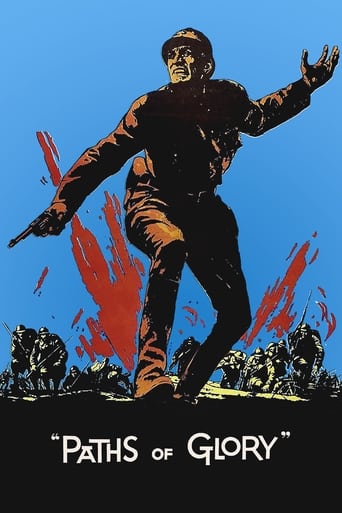
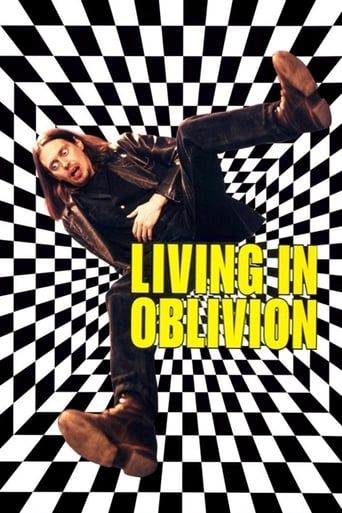
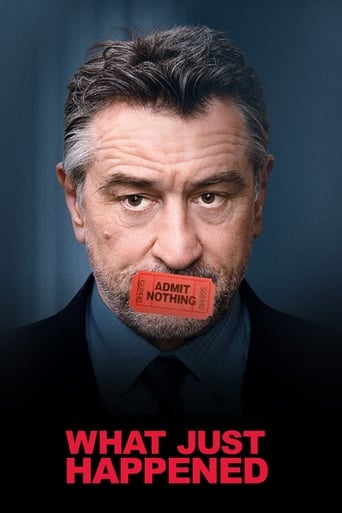
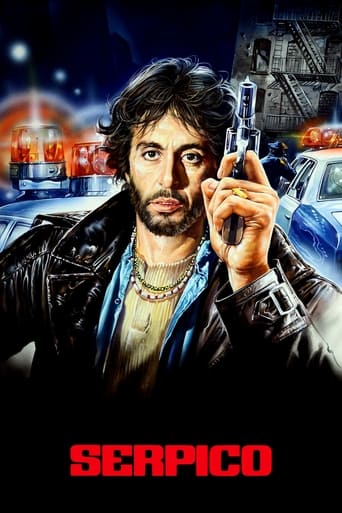
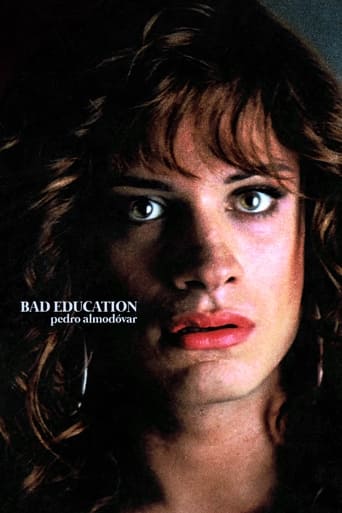


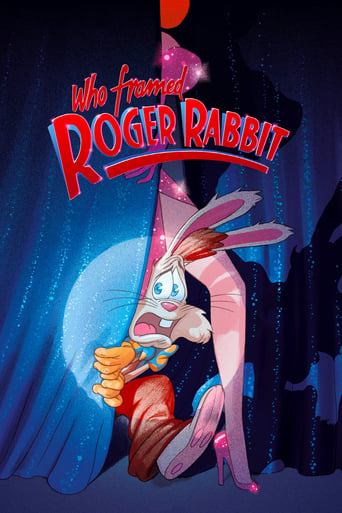
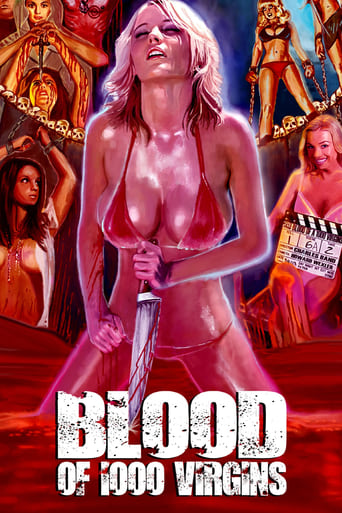
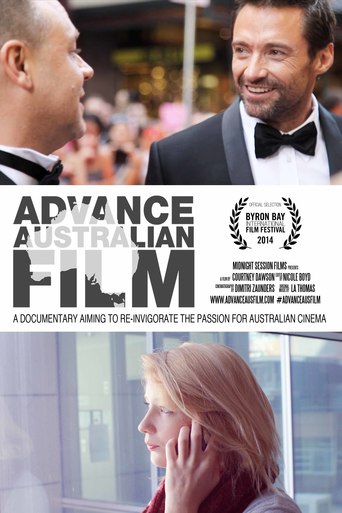
Reviews
Pretty Good
Instead, you get a movie that's enjoyable enough, but leaves you feeling like it could have been much, much more.
This is a small, humorous movie in some ways, but it has a huge heart. What a nice experience.
One of the worst ways to make a cult movie is to set out to make a cult movie.
Grass-roots movements to bring cinema of substance to the cinema-starved masses around the world have to be applauded: movies are one of the few truly democratic vehicles left for the dissemination of Dreams in this dreary world of ours. While the drive-in has been all but driven from the scene in this country (see the heart-breaking documentary DRIVE-IN BLUES), there are still independent films aplenty (as typified by the stalwarts in the documentary THE HECK WITH Hollywood, for instance, although even the indies are often co-opted these days by more Commercial interests). Still, we often take these movies for granted (The Sundance Channel notwithstanding). Just recently, one of the local cable systems dumped its Public Access Channel (thereby effectively denying The Public ACCESS to its cable system, something the FCC used to protect), something I'd fought long and hard for. That particular forum for local would-be filmmakers is no more; ironic, because this is often referred to as "Hollywood East." My own filmmaking aspirations began with Super 8 shorts inspired by the likes of George Romero and John Carpenter; when I discovered Public Access, I felt that I'd at last found The Promised Land- a place where IDEAS could be presented and exchanged and technique(s) could be honed (Super 8 was simply too expensive to allow for much in the way of experimentation). While the internet may prove a viable forum, it's only a matter of time before it, too, is Commercialized beyond recognition. Or, as one of the folks in COMRADES IN DREAMS puts it: "Life ain't easy."
"If I did not talk to the theater owner or the ticket seller, I should be lost, cut loose metaphysically speaking", says Binx Bolling in Walker Percy's "The Moviegoer". Uli Gauke takes Bolling's creed to its literal extreme and zooms in on the people behind the movies. "Comrades in Dreams" portrays an African cinema entrepreneur, the young Indian owner of a traveling tent cinema, a North Korean projectionist, and an American owner of a small-town warehouse theater. Four corners of the world, two men, two women, each with a story of their own. But the secret stars are the people on the fringes: an African cinema-goer who is afraid he might disappear in the darkness of the theater, a freckled young cowboy refusing to praise the Lord in Sunday school, a well-meaning friend scouting potential brides for Anup, the bachelor king of the traveling cinema. I usually stay away from feature-length documentaries, but I can't say I have any regrets in this case. I'm with that unnamed guy in Ouagadougou, Burkina Faso: "I have no friends and don't like bars either. So I go to the movies."
As a boy, I would save my pocket money to go to Saturday matinees. They were mostly awful. But I'd look forward to them all week.Cinema is about creating dreams. But what of the dream of cinema itself? Four individuals. Separated by oceans, deserts, cultures. Politics and personal circumstances. One dream - the magic of cinema. These four people want to bring cinema to the lives of others. They have a brimming-over passion for that goal. A commune in North Korea. A small community in the USA. A cinema tent bursting at the seams in India. And risking everything for a run-down, open air, cinema in Africa.When I travel I love to watch movies. To experience how a community gets excited about the medium. Some strange art house in New York. A tiny theatre with hand-drawn curtains (a movie cost $2) on the outskirts of Seattle. A converted section of a supermarket in Bali. Magnificent old cinemas in Rio or Auckland. Yet filmmaker Uli Gaulke (who worked as a projectionist and once renovated a small abandoned cinema) goes further. Building a monument to the days before the multiplexes. And to the lone warriors who still, in this day, choose their programme. Who fight for the tears and laughter of every single audience member. Wooing people to the screen, so they too, become comrades in dreams.Comrades in Dreams tells of different dreams united by a common thread. In so doing, it shows the very dissimilar societies in which they are formed. Widely different expectations of audience members. And a vibrancy of cultures beyond our own - but united by a devotion. Getting heavy reels of film out of a van. Overcoming local obstacles. Rewarded not so much by financial success, but by the joy of sharing something dear to them. (The film could almost be called 'United in Celluloid.')The passion of audiences provides a common theme. A movie on irrigation in North Korea that will change lives. An old Kim Basinger film in Africa that is enough to produce euphoria (we watch the face of a young boy light up as the idea of a moving picture, wound on sprockets and projected through a tiny hole, is explained to him.) Titanic leaves barely a dry eye in America, but is boring to people in central India who can't conceive of such an expanse of water, much less of a giant ship (They need local content tear-jerkers).One of the intriguing things about Comrades in Dreams is the insights that go beyond existing demographics. Trade magazines can tell us what type of films does well in what countries. We can see box office figures. We see the result, but not the cause, the motivation behind people's desire to sit in a darkened area with comparative strangers watching images projected onto a screen. Comrades in Dreams tries to look from the roots up.The positive side is the diverse, positive examples of real people involved. The emotional entry point from disparate cultures. We also learn much about everyday life in societies quite alien to the western world. But my western mind would still have liked some more statistically generalised insights, a larger interview sample, a drawing together of the material to show me different attitudes in different countries - even to Titanic. The film's strength is also its weakness. To show the protagonists devotion to creating cinema we get involved in their love lives. Cinema always comes first. But having scratched the surface of different attitudes to cinema, it left me wanting more.
Theatrical quality images and shooting in four different countries indicates a seriousness of purpose about this German documentary. Unfortunately what they brought back has been stretched to twice the length of it's interest value.An Indian tent show, a Cultural Centre in Republic of Korea, the Flick regional theatre in the American Mid West and an open air auditorium in Burkina Faso are intercut as they put on their shows. Only the Korean (looks awful) and Indian movies are shown, the Hollywood product apparently being too pricey.Attempts at making the comparison meaningful, like having the two audiences comment TITANIC, don't yield anything useful. There are glimpses of the life styles of the different communities which occasionally get attention. The makers resist the chance to ridicule the Koreans, which is at least winning, but at this length the film drags.Cutting and pointing the work with a sharp commentary could validate the possibilities the shape of the project provides.
